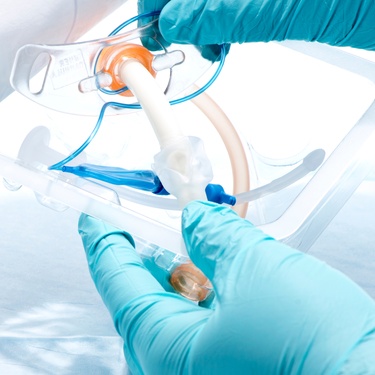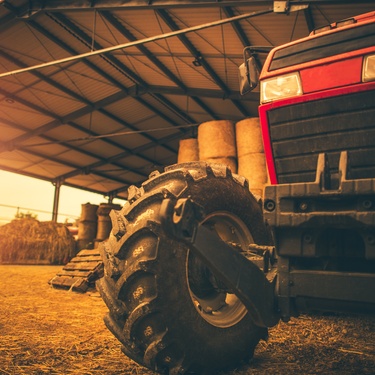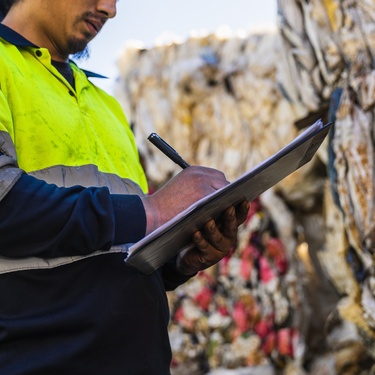
Safety should always be a priority in agricultural operations. The dynamic, hands-on nature of farming entails risks. With careful, well-thought-out strategies, you can create a safe environment for workers, animals, and equipment. By putting measures in place and being proactive about addressing potential hazards, you can improve your agricultural operation’s safety.
Provide Comprehensive Training for Workers
Training equips teams with the knowledge and skills needed to operate machinery correctly, handle livestock responsibly, and recognize and mitigate potential risks. Make it a point to offer regular workshops and hands-on sessions that cover basic safety procedures, emergency response plans, and the correct use of equipment.
Encourage your workers to ask questions and participate actively in these sessions to foster a culture of safety awareness. Keeping training up to date guarantees that both new and experienced employees stay informed about the latest safety standards and technologies.
Invest in Cistern Liners
If your farm relies on cisterns for water storage, don’t overlook the importance of high-quality liners. Cistern liners act as a protective barrier, preventing water contamination and structural damage caused by cracks or leaks. By upgrading to durable liners, you can safeguard your farm’s water supply while also reducing the risk of accidents during maintenance.
A compromised cistern can lead to significant hazards, including slipping, collapsing, and waterborne illnesses. Make sure to invest in cistern liners for your agriculture operation to guarantee the integrity of your water system.
Maintain and Inspect Equipment Regularly
Faulty machinery can lead to accidents, injuries, or costly downtime. Create a routine maintenance schedule to check for worn-out parts, fluid leaks, and other issues that could compromise safety.
Replace parts and make necessary repairs as soon as problems emerge. Document each inspection to ensure accountability and track patterns that may indicate recurring issues. Reliable, functional equipment minimizes risks and maximizes productivity in the long run.
Promote Proper Use of Personal Protective Equipment (PPE)
Providing your workers with personal protective equipment is an essential part of keeping them safe. Identify the specific PPE required for various tasks, such as gloves for handling chemicals, goggles during welding, or helmets when operating tractors.
Make sure all equipment fits comfortably and adheres to safety regulations. Provide guidance on using, cleaning, and storing PPE to extend its lifespan and maintain its effectiveness. When workers are properly equipped, they are less likely to experience injuries or exposure to harmful substances.
Improving your agricultural operation’s safety is an ongoing effort that requires attention, investment, and collaboration. Each step you take contributes to the well-being of your workers, the longevity of your equipment, and the success of your operation as a whole. Prioritize these changes today to build a more secure future for your farm.
Bio: Casey is a passionate copyeditor highly motivated to provide compelling SEO content in the digital marketing space. Her expertise includes a vast range of industries from highly technical, consumer, and lifestyle-based, with an emphasis on attention to detail and readability.




















